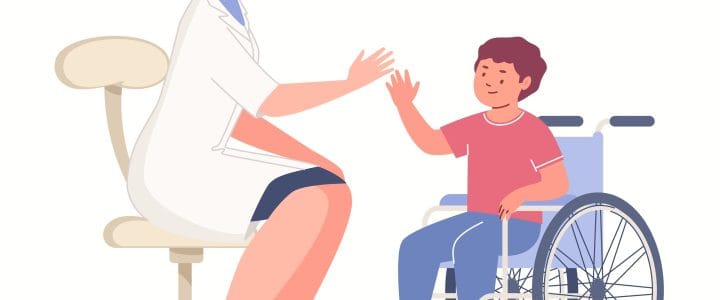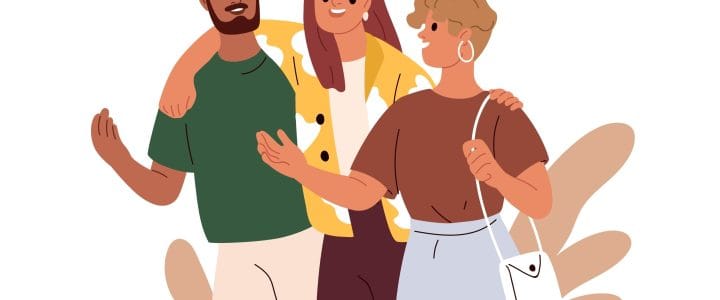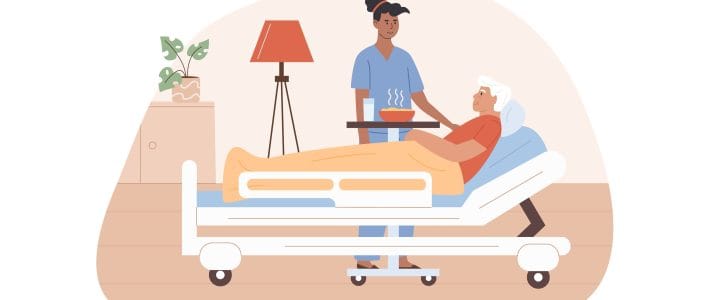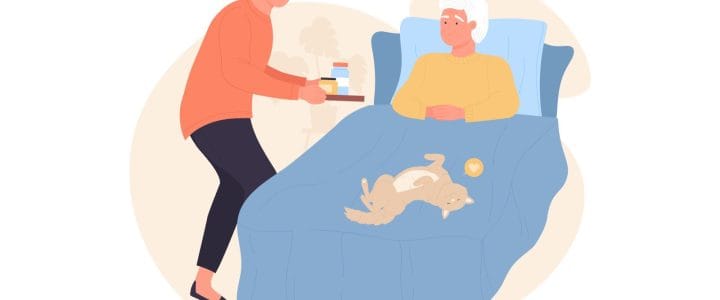A Spinal Cord Injury (SCI) changes life in an instant and the effects can be profound and long-lasting. Read more
How to cope with the sudden change brought by spinal cord injury


A Spinal Cord Injury (SCI) changes life in an instant and the effects can be profound and long-lasting. Read more

Cerebral palsy does not impact people in the same way, so it is important to understand the unique needs of those with the condition.

Communication is a core part of socialisation and can be incredibly stressful for young people who face challenges with their speech.

When supporting individuals with complex mental health needs, continuity of care is often the key to achieving the best possible outcomes.

In recent years, the number of people being diagnosed with autism has risen sharply.

A traumatic brain injury (TBI) can have large and lasting impact on a person’s life, often affecting their physical, emotional, and cognitive abilities.

For individuals requiring catheterisation due to medical conditions such as spinal cord injuries, multiple sclerosis, or neurogenic bladder dysfunction, specialist catheter care is essential to maintaining comfort, dignity, and overall health.

For individuals living with complex neurological, muscular, or respiratory conditions, a tracheostomy can be a life-saving intervention, but it also requires specialist care and ongoing management.

Case managers overseeing care for individuals with spinal cord injuries (SCI) already have deep expertise, but ensuring the best possible support for clients can still present complex challenges.

When a client requires assistance with feeding as they are unable to take food orally, either an NGT (nasogastric tube) or PEG (percutaneous endoscopic gastrostomy), feeding options may be required.
For a free, no-obligation discussion about our UK complex care in the home for brain injury, spinal cord injury, long-term ventilation, cerebral palsy, multiple sclerosis, muscular dystrophy and other neurological conditions, please click here or call 024 7610 2333.
We regularly send out news bulletins with updates to our services. Enter your email address below to subscribe!